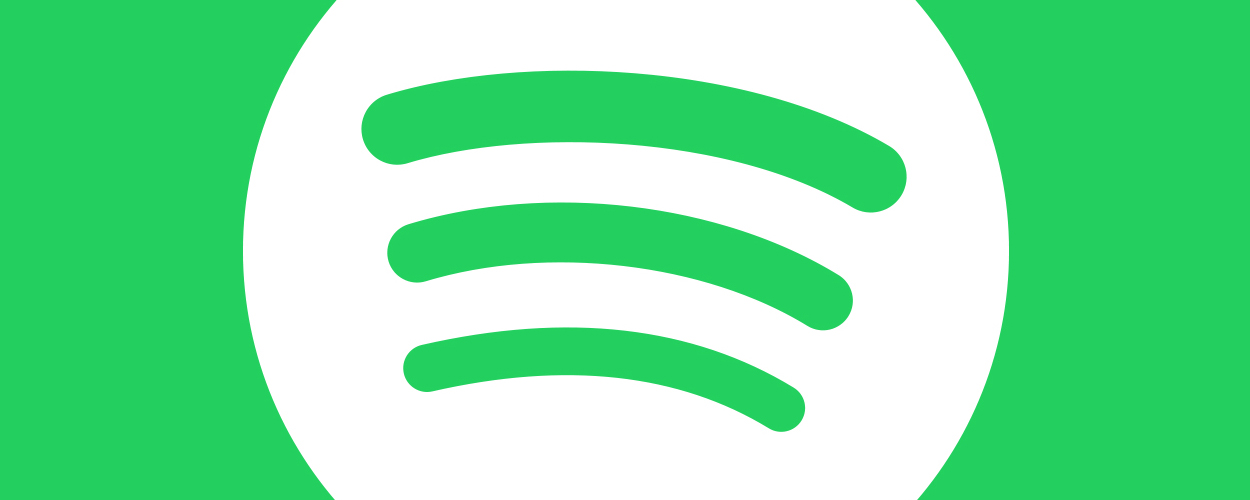This website uses cookies so that we can provide you with the best user experience possible. Cookie information is stored in your browser and performs functions such as recognising you when you return to our website and helping our team to understand which sections of the website you find most interesting and useful.
Business News Digital
Spotify removes tracks after another possible scam gaming the system
By Chris Cooke | Published on Monday 28 January 2019

Another fake music on Spotify scandal. But is this one really a fake music on Spotify scandal? Or is it a fake fake music on Spotify scandal? It could be a fake fake fake music on Spotify scandal, but I don’t yet have sufficient qualifications to work out what that might be.
BBC Trending has reported on chatter occurring on Reddit and Twitter about a bunch of mysterious ‘fake artists’ that have been cropping up on the personal listening histories of various Spotify users. Said users claim to have never heard of – or heard any music from – any of these artists and are therefore bemused as to how they are now listed as having been played via their accounts of the streaming platform.
Of course, there has been much chatter about ‘fake artists’ and ‘fake music’ on Spotify before. In most cases artists and tracks are dubbed fake because they are credited to musicians that no one has heard of and which have no online presence beyond the streaming service.
However, most of those tracks are in fact library music, which is to say they are recordings provided to Spotify by a library music company. Because library music is primarily designed for a business audience – ie people looking for music they can cheaply sync into movies, ads, telly shows and YouTube videos – the people who make it tend to use an assortment of pseudonyms.
It’s only in the streaming age that this music, and the pseudonyms attached to it, have started to get public attention, as some music libraries do licensing deals with Spotify. Those deals mainly occurred after some savvy libraries noticed just how popular chill out and relaxation playlists are on the streaming firms, and that there isn’t much commercially released music to fill said playlists.
So, most fake music from fake artists is in fact library music from artists using pseudonyms. Though that’s not to say there haven’t been cases of people uploading cheap and cheerful tracks under random names in order to game the system and get themselves a share of Spotify’s monthly pay out to music rights owners.
One such scam involved scammers setting up a load of premium Spotify accounts, playing their own super-short tracks 24/7, and then banking a monthly royalty cheque which – because of the way streaming royalties are calculated – would be significantly higher than the cost of all those premium accounts.
The new allegation being chatted about online right now is that a scammer is somehow getting their cheap and cheerful uploads into the listening histories of Spotify subscribers without them having ever actually listened to that music. Which would presumably require some sort of hacking behind the scenes.
Though, of course, it is possible that the Spotify system did actually play these tracks to these users, through curated or automated playlists or its radio feature, and said users simply didn’t notice at the time. They probably wouldn’t have noticed at all if Spotify hadn’t run an end of year promotion encouraging people to look back at their personal listening trends.
That said, since the BBC approached Spotify about these unknown artists mysteriously popping up in people’s listening histories, at least some of those artists have been removed from the streaming service. Spotify then confirmed that steps had been taken because “abnormal streaming activity” had been detected. Which suggests that something dodgy has been going on behind the scenes.
It’s no secret that, as streaming continues to boom, there is an increased incentive for people to look to game the streaming system, either for immediate profit, or to build hype around a specific artist, or just for fun. Both Spotify and the distributors which the scammers often use to get their music into the system need to be ever more vigilant. Which is one of the reasons why Spotify is starting to rank its distribution partners.
For its part, the streaming firm told the BBC: “We take the artificial manipulation of streaming activity on our service extremely seriously. Spotify has multiple detection measures in place monitoring consumption on the service to detect, investigate and deal with such activity. These artists were removed because we detected abnormal streaming activity in relation to their content”.
Meanwhile, conspiracy theories will continue to circulate about fake this and fake that, and also over whether or not this or that stakeholder in the digital music ecosystem is turning a blind eye to the scammers because they too are somehow gaming the system.
Fun times one and all.





